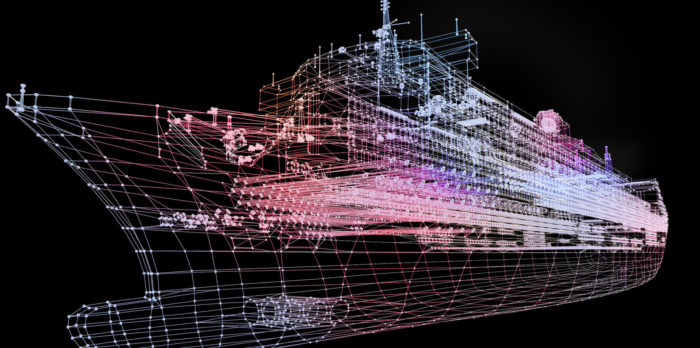The first session of a joint IMO working group to address common high-priority issues across various instruments regarding the Regulating Maritime Autonomous Surface Ships (MASS), was held in September (7-9), in remote session.
The working group was established following a regulatory scoping exercise on Maritime Autonomous Surface Ships (MASS), that was designed to assess existing IMO instruments to see how they might apply to MASS and what gaps existed to permit their operation.
The scoping exercise was conducted by the following committees: Maritime Safety committee (MSC), Legal Committee (LEG) and Facilitation Committee (FAL) – for relevant treaties under their purview.
The MSC agreed on Road Map of developing a goal-based instrument regulating the operation of maritime autonomous surface ships (MASS), which, as a first step would be in the form of a non-mandatory Code for adoption in the second half of 2024 while a mandatory MASS Code is to be developed thereafter for entry into force on 1 January 2028.
The Joint Working Group developed a table – intended as a living document – to identity preferred options for addressing common issues, such as: role of MASS master and crew; responsibilities of Mass master and crew; competencies required for MASS master and crew; identification and meaning of term “remote operator” and their responsibilities.
A draft work plan was agreed, for approval by the three committees, which envisages the Committees reviewing the report of the first session and a second Joint Working Group to be convened in 2023.
The Joint Working Group agreed that a seminar on legal issues, including implications under the United Nations Convention on the Law of the Sea (UNCLOS), would be beneficial.
The Joint MSC-LEG-FAL Working Group on Maritime Autonomous Surface Ships (MASS) has been established as a cross-cutting mechanism to address common high-priority issues identified by the regulatory scoping exercises for the use of MASS conducted by the three committees.

































































